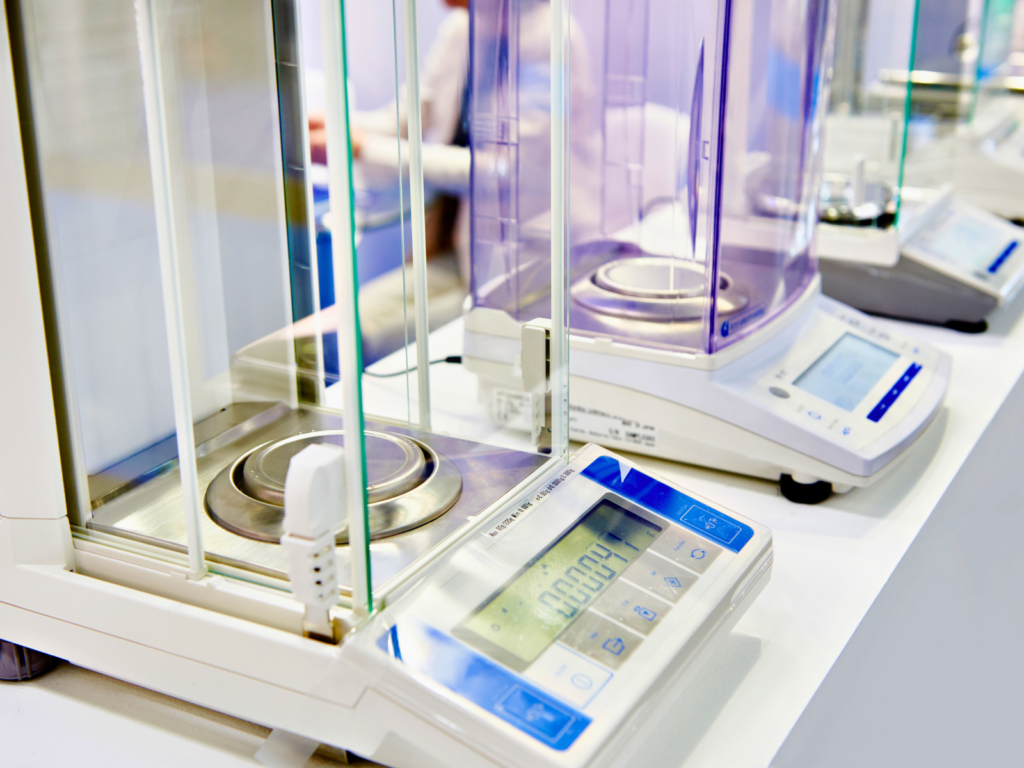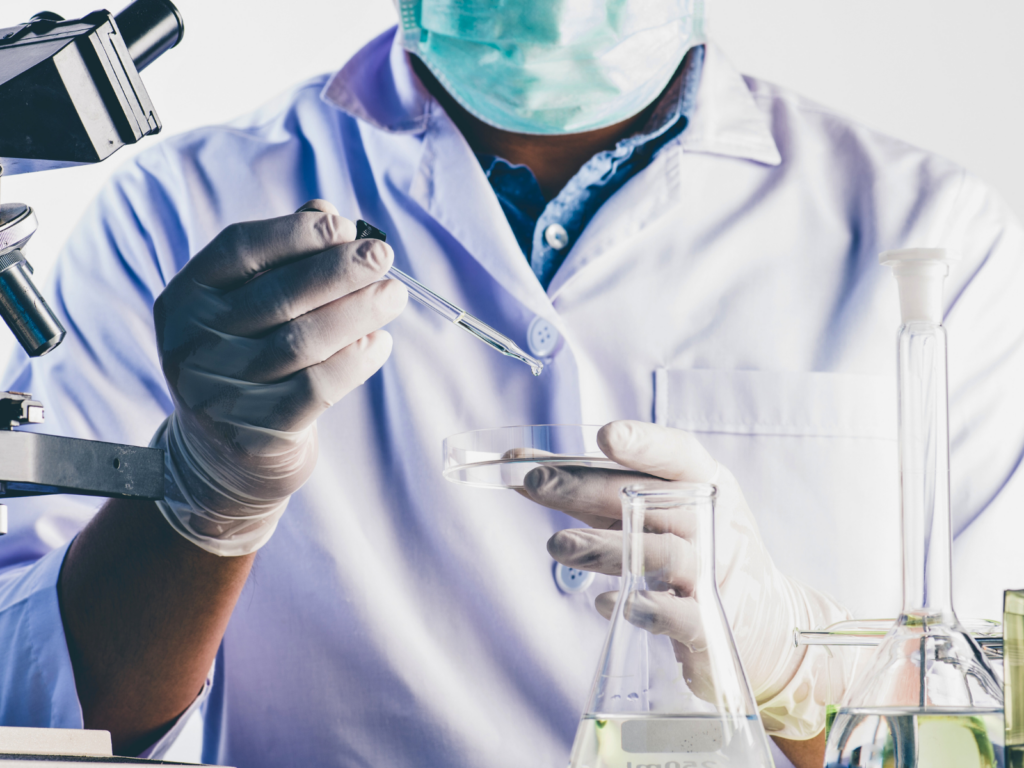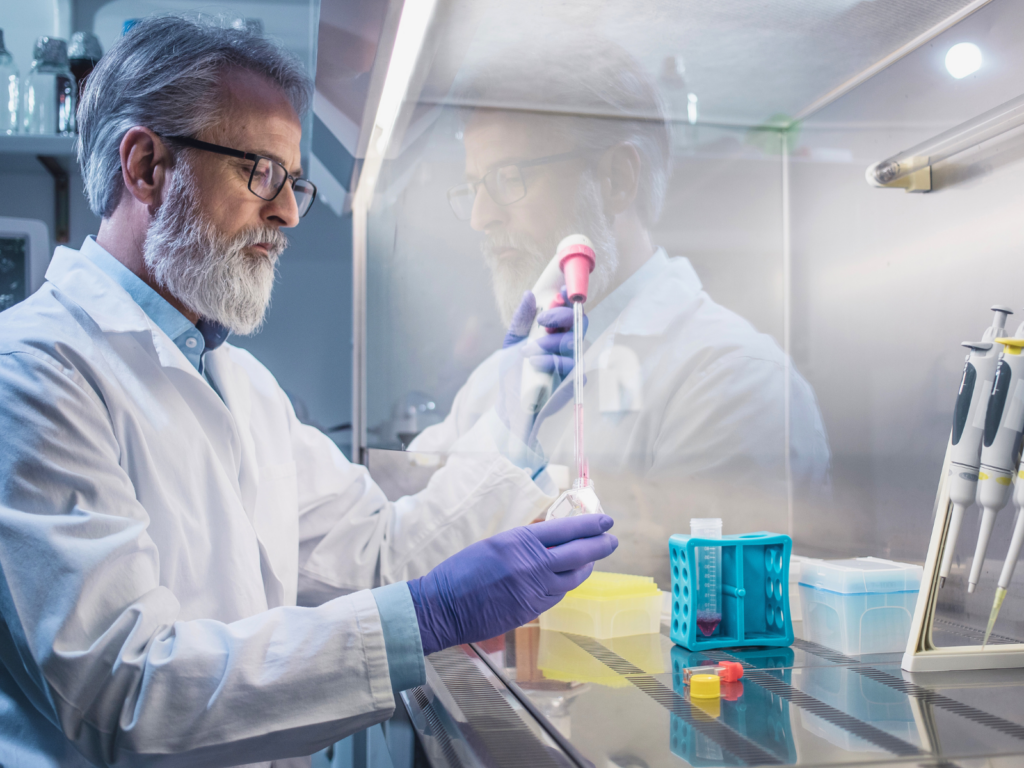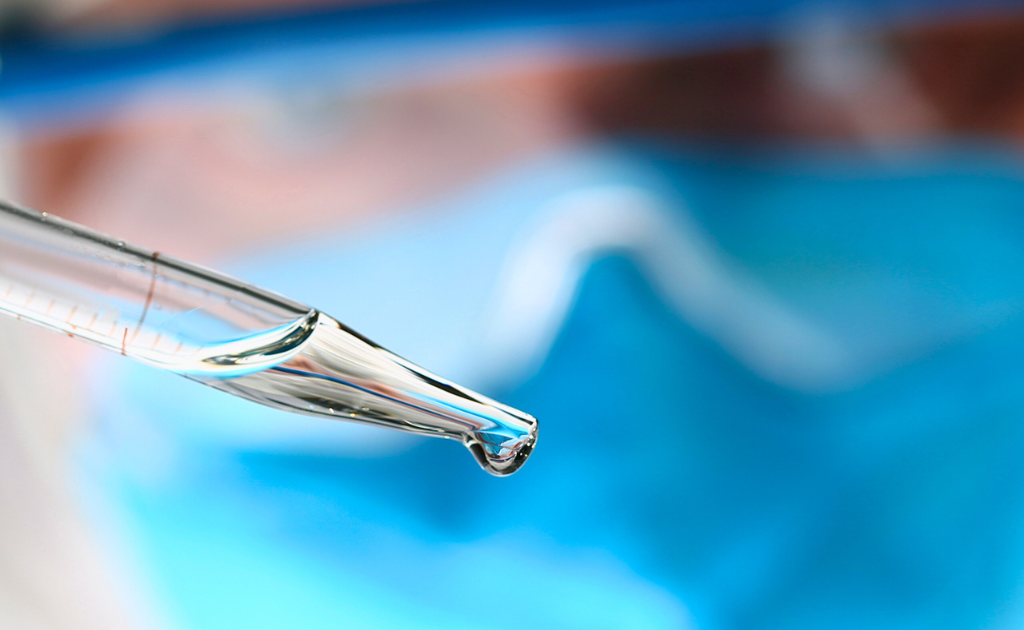A Recipe for Success – Calibration in The Food Industry
Calibration in the food industry is vital to ensure a quality end product. Food manufacturers rely on the quality and taste of their products to succeed in a highly competitive market.
To determine food quality manufacturers must consider two factors:
Subjective Testing: This type of testing relies on the feedback of test subjects who rate a product based on taste, smell, and appearance.
Objective Testing: All manufacturing processes need to be measured, recorded, and analyzed to ensure the quality of a product is consistent. These measurements require the use of instruments that consistently provide accurate results. To ensure the accuracy of the equipment, calibration is needed.
Purpose of Calibration
Calibration guarantees that an instrument is performing within its manufacturer’s specifications. All equipment, regardless of how sophisticated or expensive it is, will eventually experience “drift” and require calibration to bring it back within tolerance.
Calibration is the process where the measurements of a test instrument are compared with those taken by a standard device whose accuracy is traceable to national or international standards.
Calibration plays a crucial role in quality assurance and compliance programs for numerous industries. However, given how regulated the food and beverage industry is, strict controls and highly accurate measurements become imperative, making regular calibration extremely important.
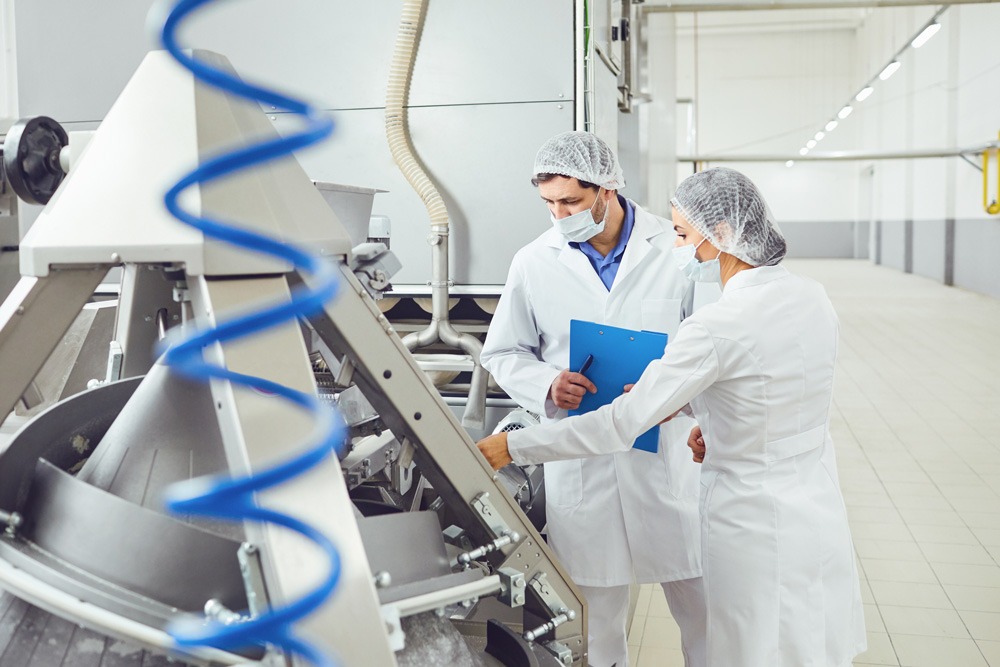
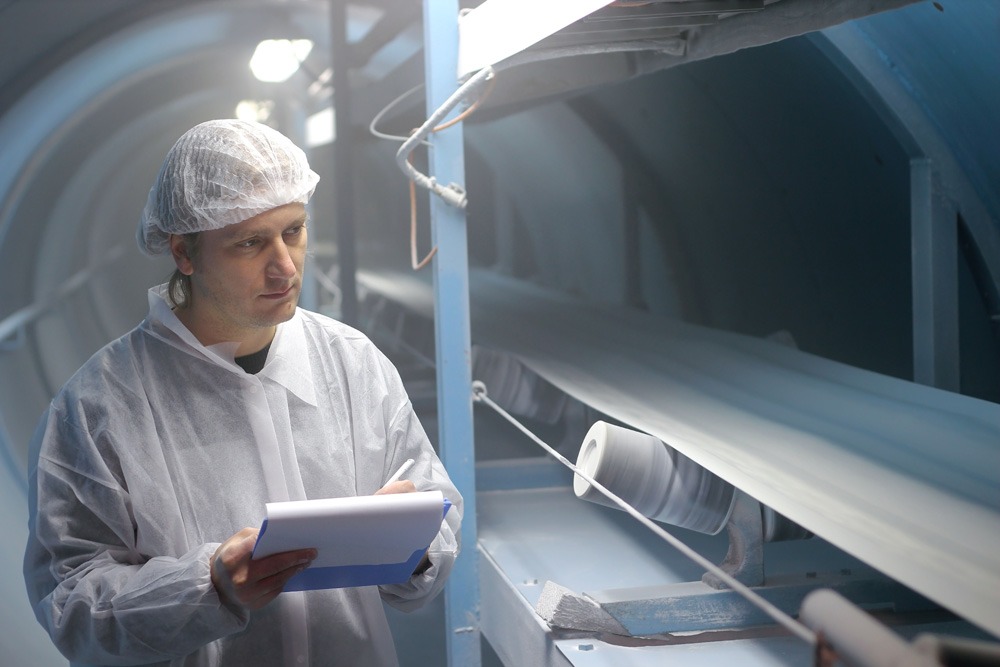
Why the Food Industry Needs Regular Calibration
Here are a few reasons why food manufacturers need to calibrate their equipment regularly.
Save on Energy, Materials, and Other Related Costs
Any error in measurements could turn into a product that is not apt for consumption, and therefore will have to be discarded.
Any product that doesn’t meet the standards costs the company money, time, raw materials, and energy.
Food manufacturers can lower the risk of unnecessary waste and resources and keep their operation within budged by regularly calibrating their equipment.
Optimize Quality
For a product to maintain its quality, food companies rely on the accuracy of their equipment’s measurements across all stages of the manufacturing lifecycle.
Any inaccuracy in measurement will result in a lower quality product, which would lead to product recalls, loss of revenue, lower customer loyalty and satisfaction, and even legal consequences.
Adhere to Regulations
Regulations from the U.S. Food and Drug Administration (FDA), as well as those stipulated in the Current Good Manufacturing Practice (CGMP) guidelines, state that periodic tests and maintenance activities are crucial for the manufacturing, packaging or handling of food and beverages.
Likewise, for organizations to comply with ISO-9000 and ISO-9002 standards, every instrument in the manufacturing plant needs to match-up to the specified criteria. To achieve this, companies must implement strategies and rigorous procedures to monitor the quality of their products.
Among the ISO-9000 requirements, calibration standards must be traceable to a national or international standard.
Optimize Equipment Performance
When equipment is not working to its maximum potential, its production performance will plummet. Moreover, underperforming equipment is more likely to cause downtime and slow production, which in turn will raise costs. Calibration will maintain the equipment in optimal conditions and extend the instrument’s life.
Lower Carbon Footprint
Ensuring that all equipment is in optimal condition and performing at its peak will help reduce energy bills and lower the company’s carbon footprint and pollution.
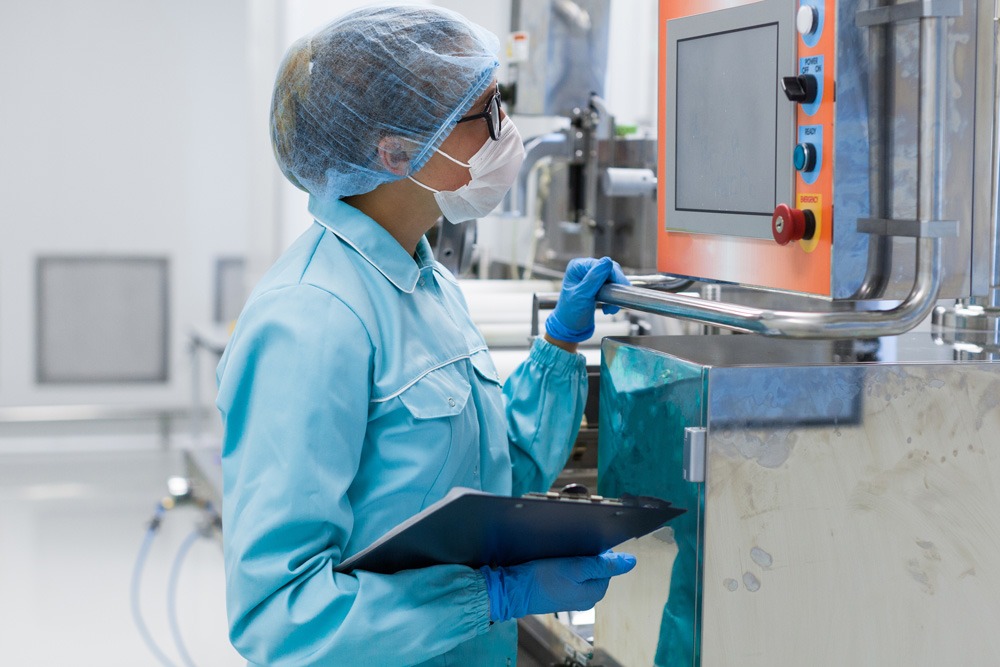
Allometrics has a proven track record of servicing the food industry’s calibration needs. As an ISO 17025 accredited lab, we offer test and certification services at our lab or onsite as well as pick up and drop off services.

